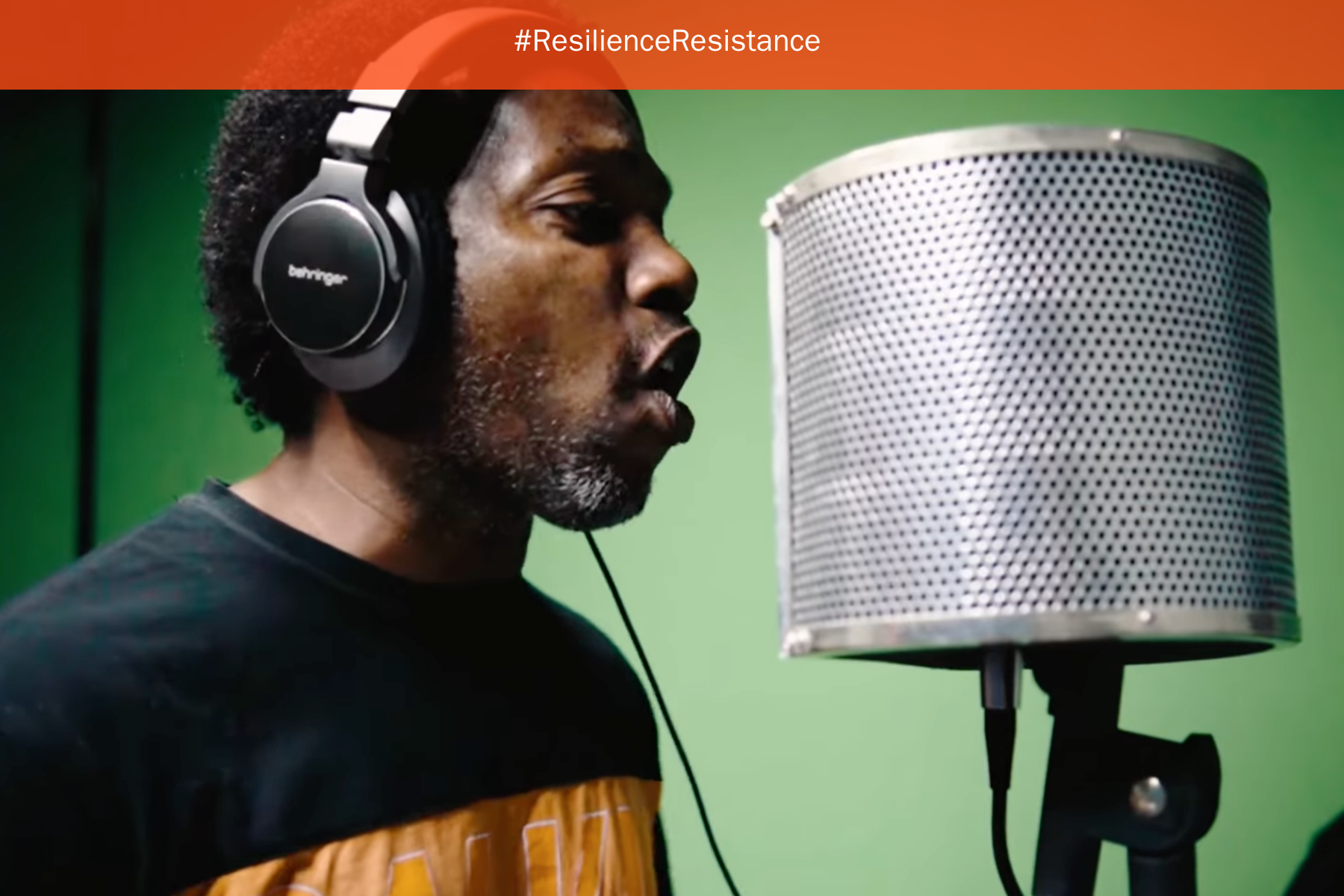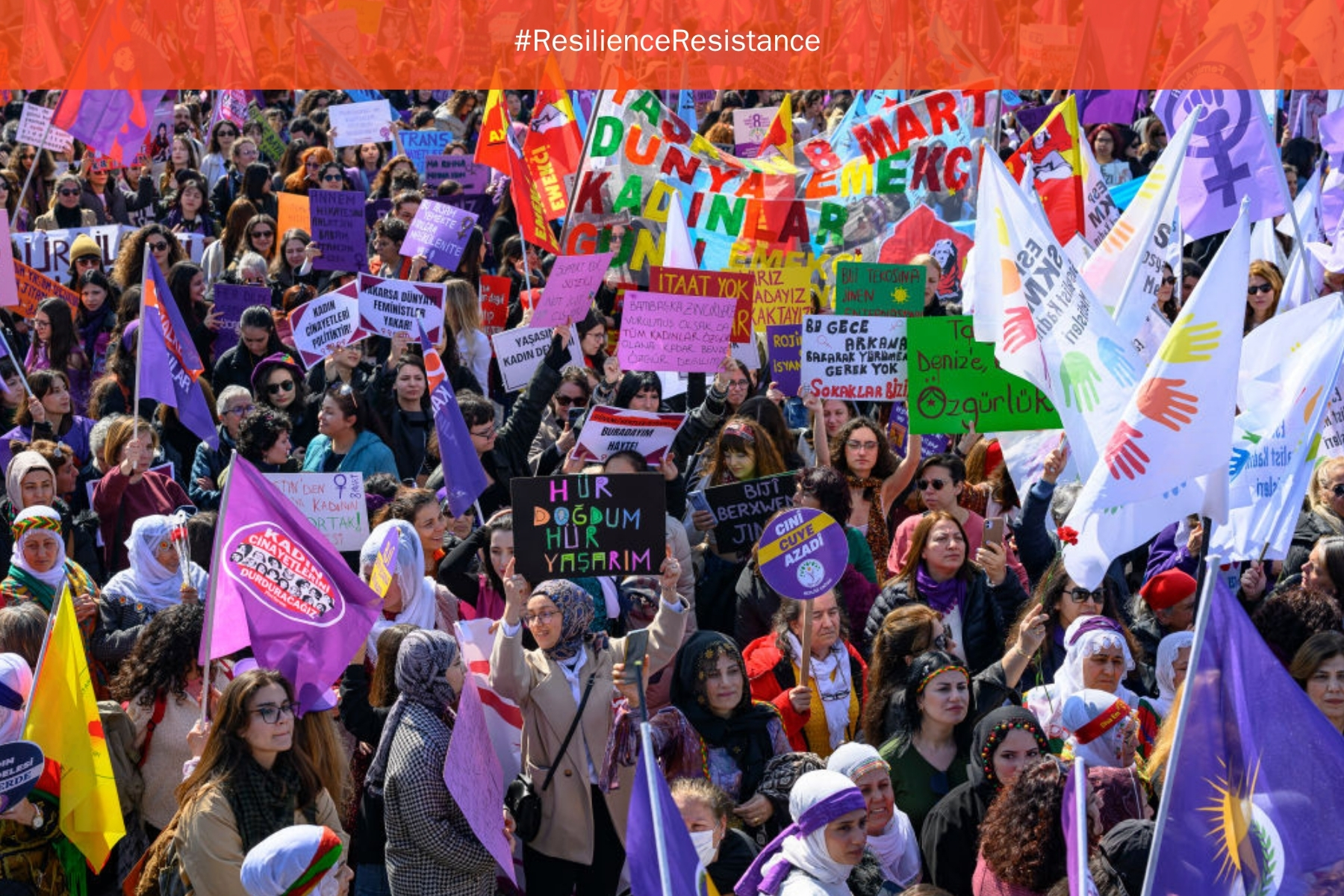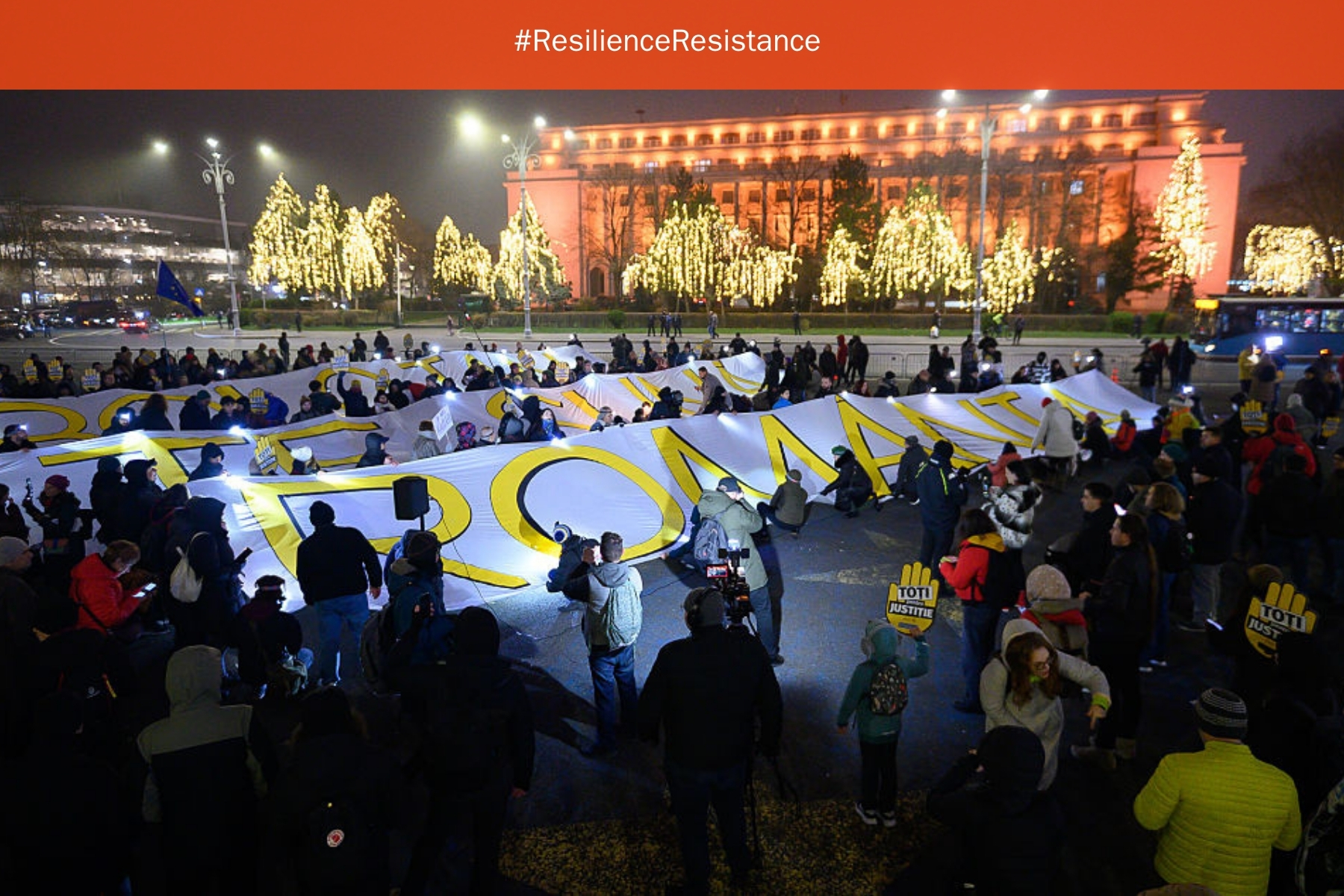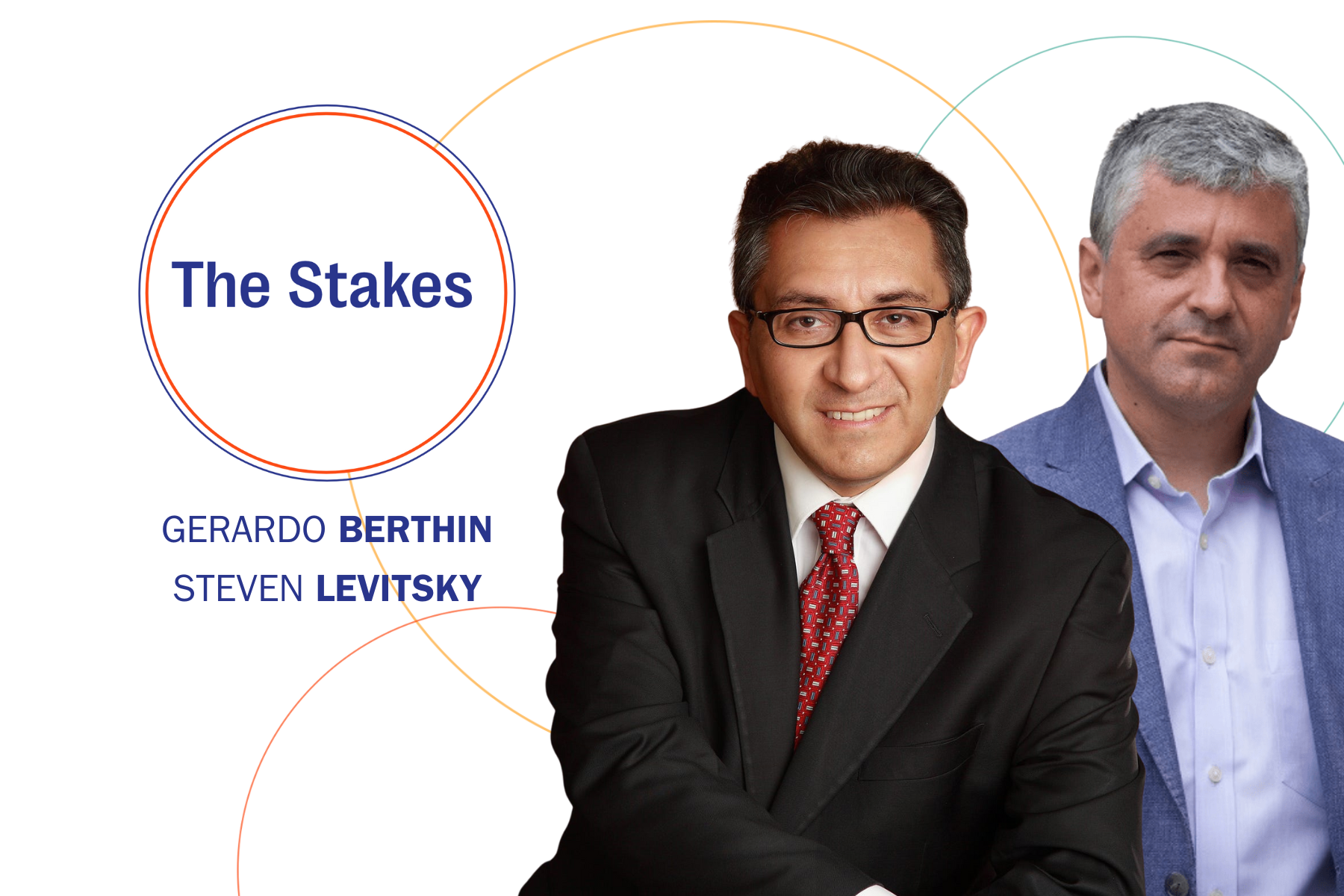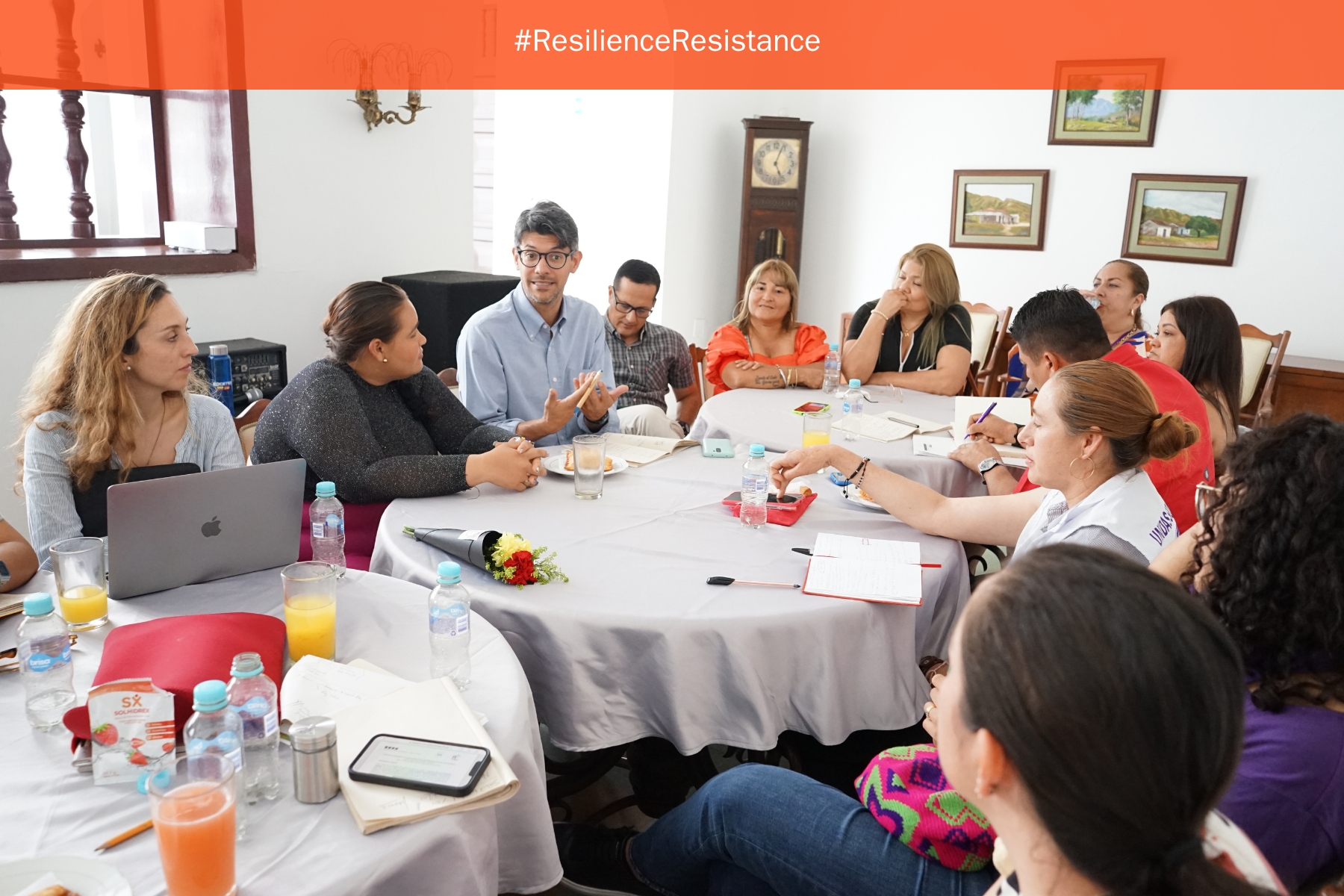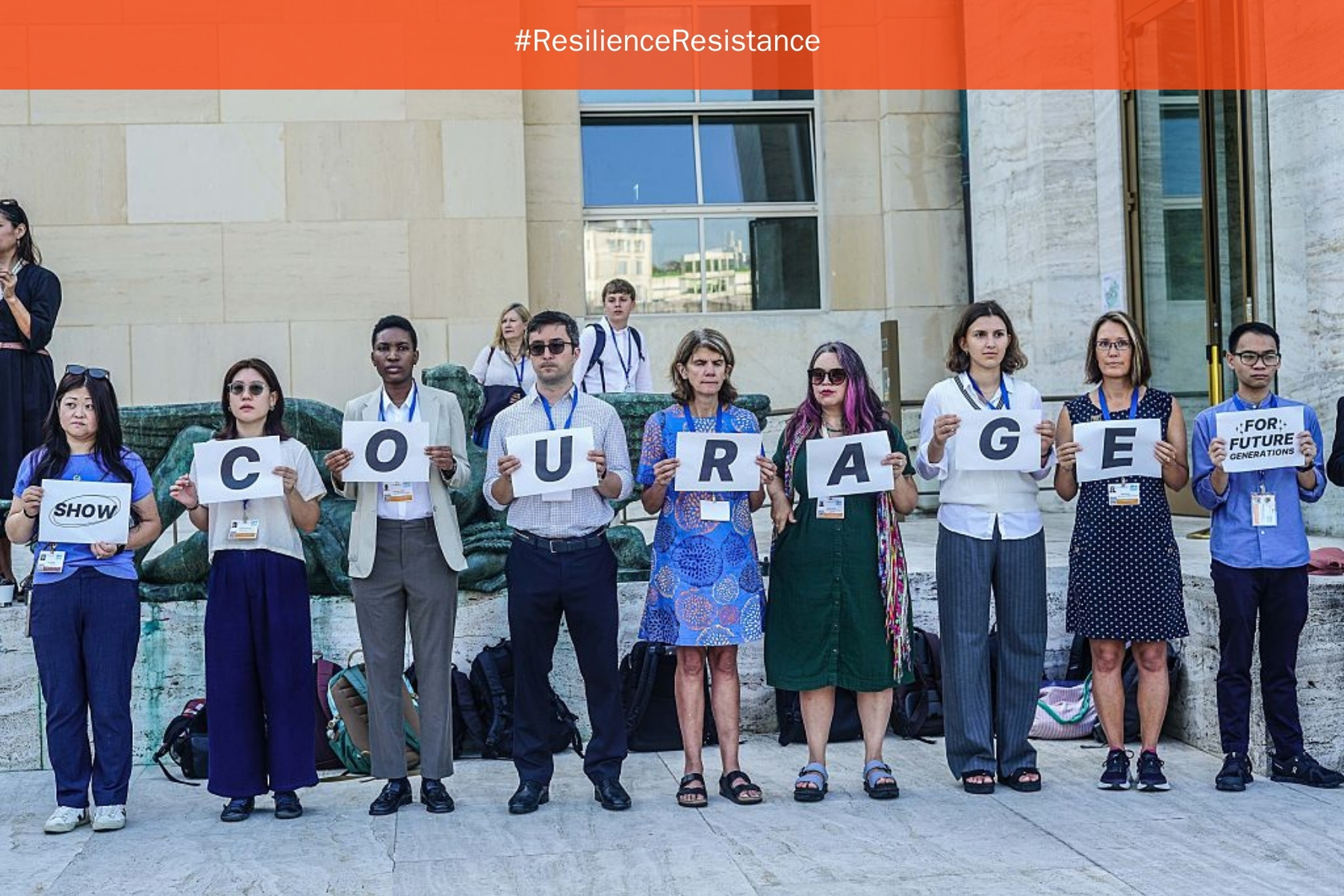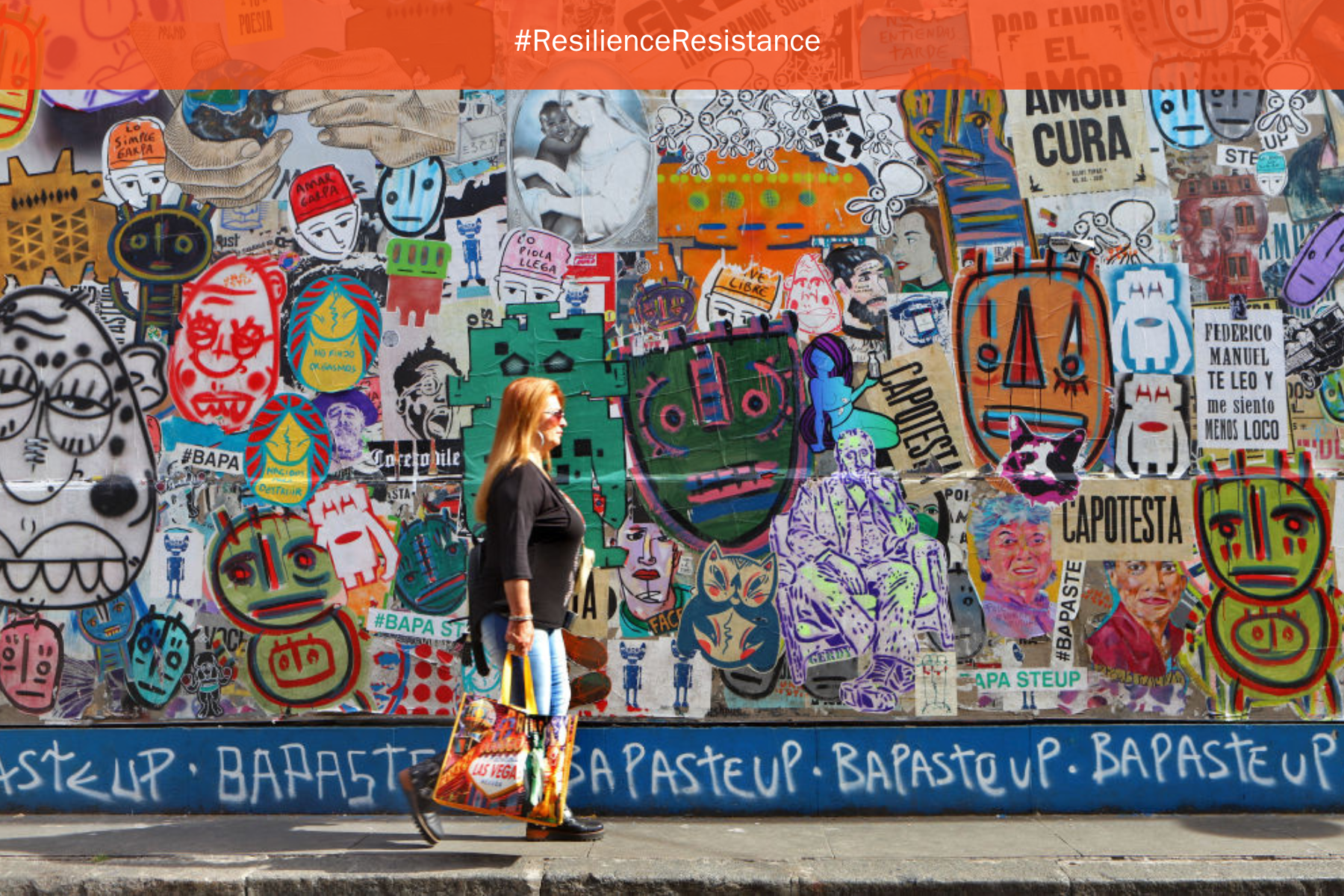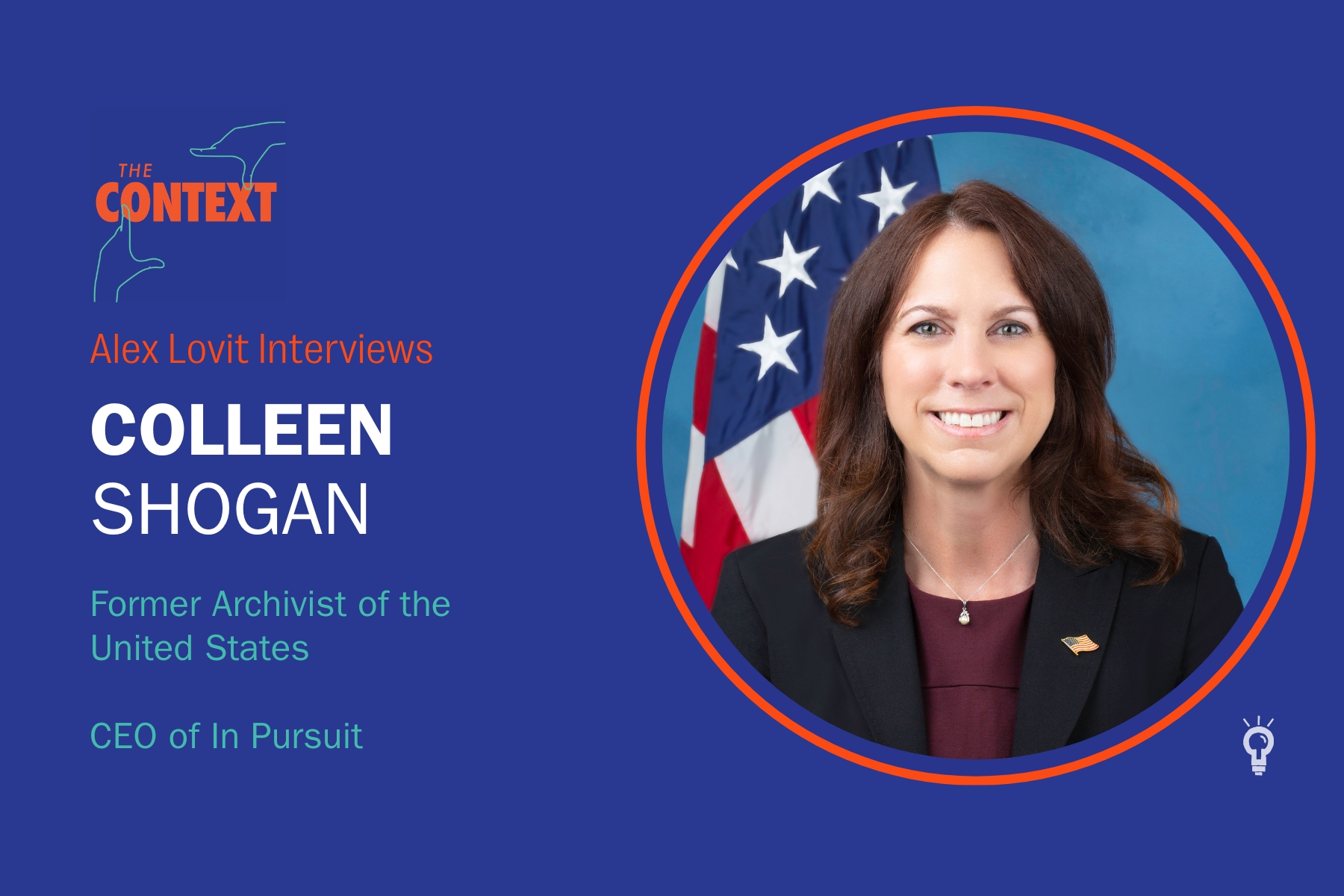The Age of the Billionaire and Corporate Takeover

Large corporations and the ultra-rich have traditionally used their political influence to acquire control and advance their agendas. Recently, Elon Musk has taken this practice to new heights in the United States. Shortly after President Donald Trump’s second inauguration, Musk took up office as “a special government employee.” In that capacity, he oversaw the purging of public servants, which has damaged the quality of public services and gutted several federal agencies.
While Musk has since quit his role in the administration at the end of May, his rise represents a political system that consistently favors those with enough wealth to purchase influence. Large corporations and some members of the billionaire class are seizing power without having to overthrow elected governments. This convergence of private capital and corporate impunity poses a worldwide danger. When the ultra-rich and corporations have huge sway in government decisions and are able to operate without accountability, democracy deteriorates. This comes at a huge cost to the majority of people, our communities, and the environment.
State Capture in South Africa
While South Africa is no stranger to this phenomenon, what is happening in the US should serve as a warning for South Africa, especially given the country’s past experience.
During Jacob Zuma’s presidency in South Africa, the Gupta family built a business empire, using connections to Zuma to tap into public resources and advance their personal interests. They influenced government appointments and directors of state-owned enterprises, cut off rivals, laundered money, and gained access to state contracts while also relying heavily on disinformation. Their actions secured more than $3 billion in contracts for the family businesses. Extracting funds from various organs of the state resulted in funds being diverted from essential public services like health, education, and infrastructure maintenance.
Many of the recommendations of the State Capture Commission, which was established during Zuma’s presidency to investigate allegations of state capture, corruption, and fraud in the public sector, have not been implemented. South Africa continues to be vulnerable to takeovers such as those by the Guptas and other private interests.
Much like how Musk targeted the regulators responsible for the oversight of his companies—although less audacious—the Guptas made a deliberate effort to exploit regulatory weaknesses and undermine oversight bodies. The most notable case involves the South African Revenue Service, which resulted in reduced revenue collection and the erosion of its capacity to investigate tax and financial crime.
Such corrupt actions underscore how wealthy and corporate bad actors, in their quest for unbounded accumulation, are willing to break the regulatory institutions that exist for the benefit of the public. Of course, in South Africa, domination by a minority, which undermines democracy and reinforces inequality, neither began nor ended with the Guptas.
Elite rule is a logical outcome of efforts by corporations and some members of the billionaire class to continue altering society’s balance of power in their favor. This power extends even beyond national borders. For example, using the Investor-State Dispute Settlement provisions that are written into hundreds of bilateral investment treaties, US-based Prospéra is suing the government of Honduras for constraining its profits. This corporate assault poses a threat not only to the provision of public services but also to democratic decision-making. And working through the courts is not their only tactic. Fomenting and profiteering from widespread violence is another.
Where to From Here?
In South Africa, inequality has deepened and the promise of democracy has not been fulfilled. Inadequate public services, poverty, exploitation, and high unemployment are the reality for the majority of South Africans. The state’s failure to address inequality has emboldened bad actors.
Yet the country’s struggle for freedom—and struggles for freedom worldwide—suggests that the cherished ideals of democracy, although yet to be fully realized, remain worth fighting for. The conditions that limit the possibility of democracy must be confronted head on. Curtailing the power of large corporations and the ultra-rich is an essential part of a much-needed movement toward democratic resilience. Revitalization can be reimagined to build societies in which we collectively thrive rather than for the few at a cost to the rest.
The most urgent thing to do is build and organize movements committed to universal, quality public services, strengthened worker protections, and supporting a fair taxation system.
These are just a few examples of the urgent work that needs to happen. It should be noted that once counter activities begin, the interests of those seeking control will recalibrate. Ending the billionaire and corporate capture of democracy will be determined not only by what we are prepared to fight against right now but also what we are willing to fight for, reimagine, and renew.
Koketso Moeti has a long background in civic activism and has over the years worked at the intersection of governance, communication, and people power. In 2025, she was announced as a Charles F. Kettering Global Fellow.
Resilience & Resistance is a Charles F. Kettering Foundation blog series that features the insights of thought leaders and practitioners who are working to expand and support inclusive democracies around the globe. Direct any queries to globalteam@kettering.org.
The views and opinions expressed by contributors to our digital communications are made independent of their affiliation with the Charles F. Kettering Foundation and without the foundation’s warranty of accuracy, authenticity, or completeness. Such statements do not reflect the views and opinions of the foundation which hereby disclaims liability to any party for direct, indirect, implied, punitive, special, incidental, or other consequential damages that may arise in connection with statements made by a contributor during their association with the foundation or independently.
